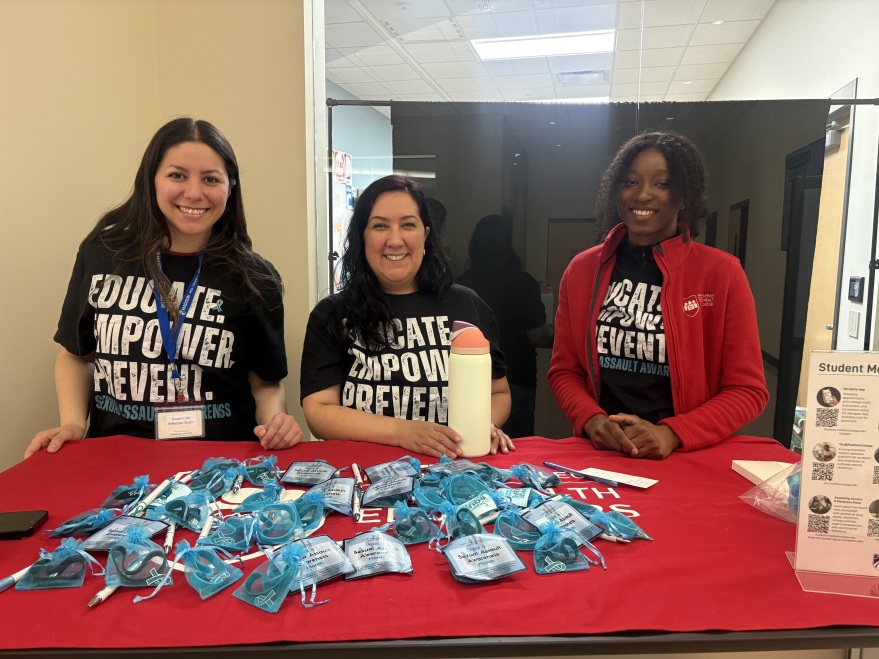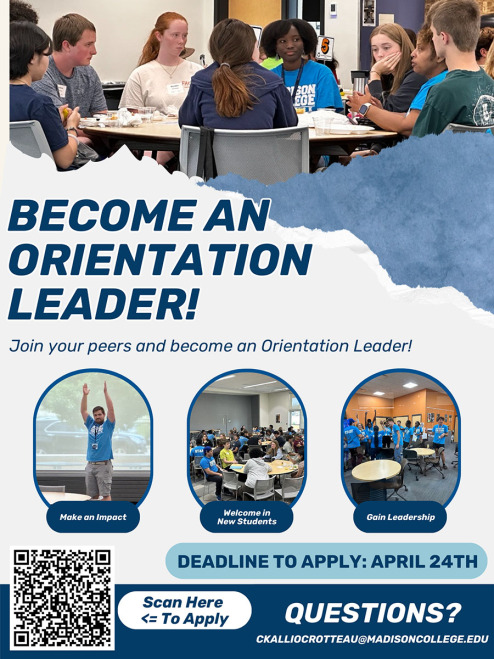Join the many Certified Peer Specialists in Wisconsin who make a difference every day. “Peer Specialists are an emerging, vital resource. Use your unique lived experience to support others seeking recovery and resilience!” says the website “Wisconsin Peer Specialists.”
Medical personnel like doctors and nurses often have little to no training in mental health. And even more often they lack the knowledge that only lived experience can bring.
A Peer Support Specialist works with individuals on their journeys of recovery from substance use or other mental illnesses.
A Peer Support, as they are often called, is formerly trained and has to pass a test every two years to maintain their certification as well as take Continuing Education Units (CEU).
Clarion staff writers Brent West and Kristine Gallagher are trained as Certified Peer Specialists. West is in recovery from bipolar disorder type II and depression. Gallagher has bipolar disorder type 1.
The premise of peer support is that when you help others you also help yourself. Peer supports advocate for their peers (the person they are helping) with medical professionals like psychiatrists. With their p-doc, a peer support makes sure that what the peer wants or needs is made clear as well as messages from the doctor are communicated in a meaningful way.
One of the best CEUs Gallagher took was through what is formerly Western Massachusetts Recovery Center now known as The Wildflower Alliance. The course called “Alternatives To Suicide (Alt2Su)” gave her a way to keep clients talking. She successfully helped two individuals stay alive, who are thriving to this day. Both persons sought medical treatment and Gallagher was able to help them make sense of what their psychiatrist was saying.
On of the things West finds most striking about peer specialist work is that the debilitating nature of mental health issues tend to result in a loss of autonomy and choices in one’s own healthcare. Working with a peer helps alleviate this pain point by enabling a peer specialist to work on behalf of the peer in a way they once had someone else do for them.
It’s like double healing. “We teach what we want to learn. We heal because we need to be healed. We have experienced firsthand the loving of those who have acted and advocated for us,” West said. He also finds the connective force that has the potential to, at its best amplify rather than alter the voice as peers are seen has experts in their own health journey.
How Gallagher discovered peer support work was from reading a magazine called Bphope. Contributors often listed “peer support” as one of their positions. One of her favorites is Melody Moezzi who also has bipolar and has authored a number of books including “The Rumi Prescription” and “Haldol and Hyacinths: A Bipolar Life.” Moezzi also ran a program called “Hooping for Peace” in which people hoolahooped in a marathon to raise awareness.
Even if you don’t actually put your training into paid practice, lessons learned during the class, which takes a couple weeks during evening hours, is invaluable.
Carmella Glenn who is running for Alder Seat No. 18 was one of Gallagher’s trainers. Peer Support Certification is through the State of Wisconsin Department of Health.
Use your lived experience to support others
February 12, 2025
Story continues below advertisement


























